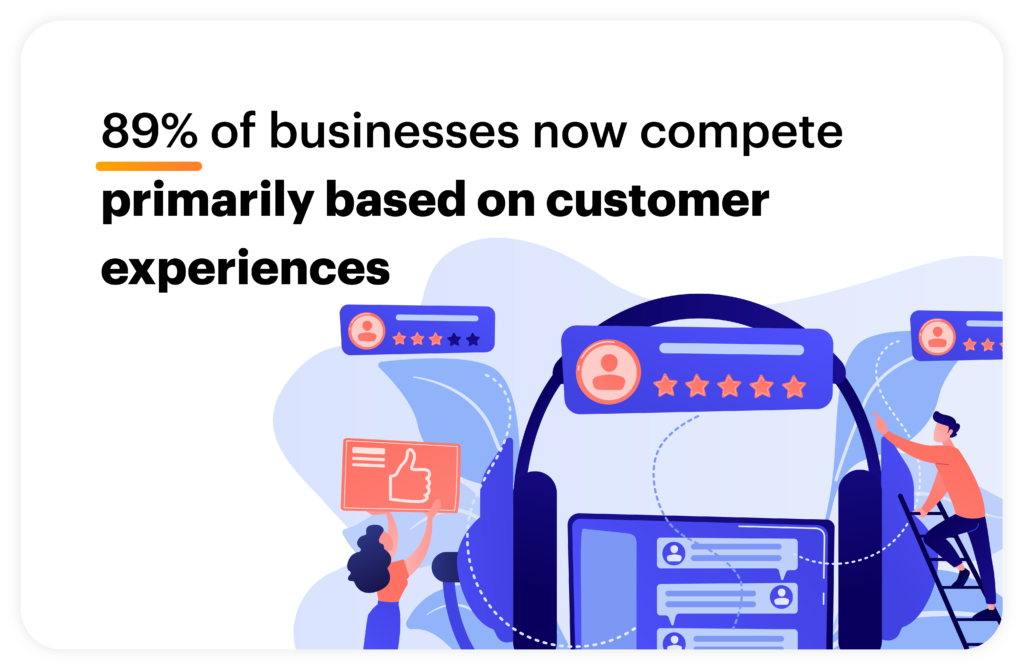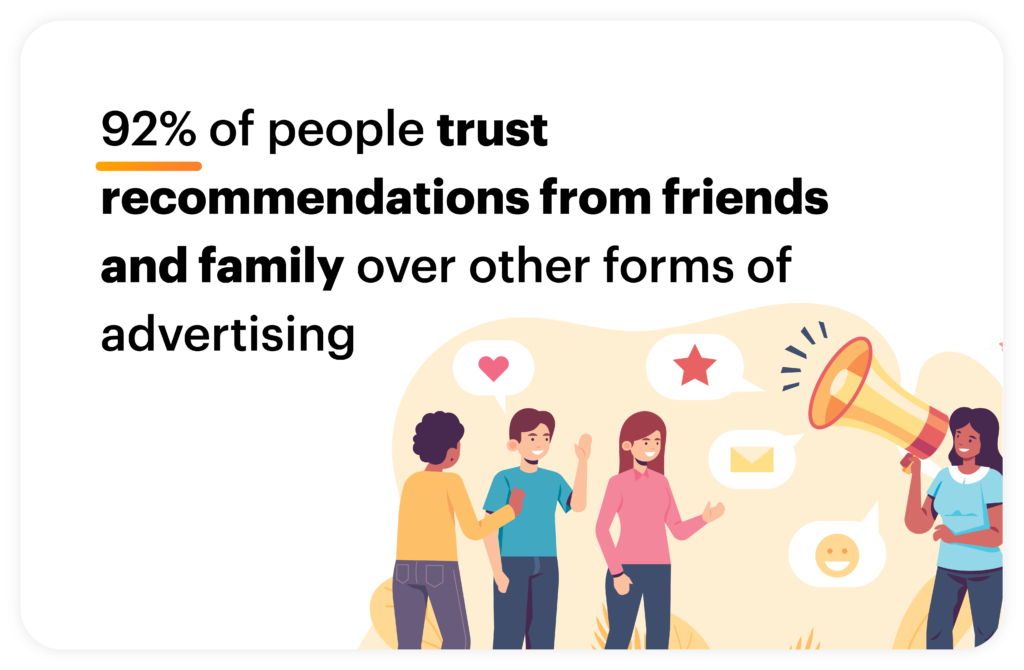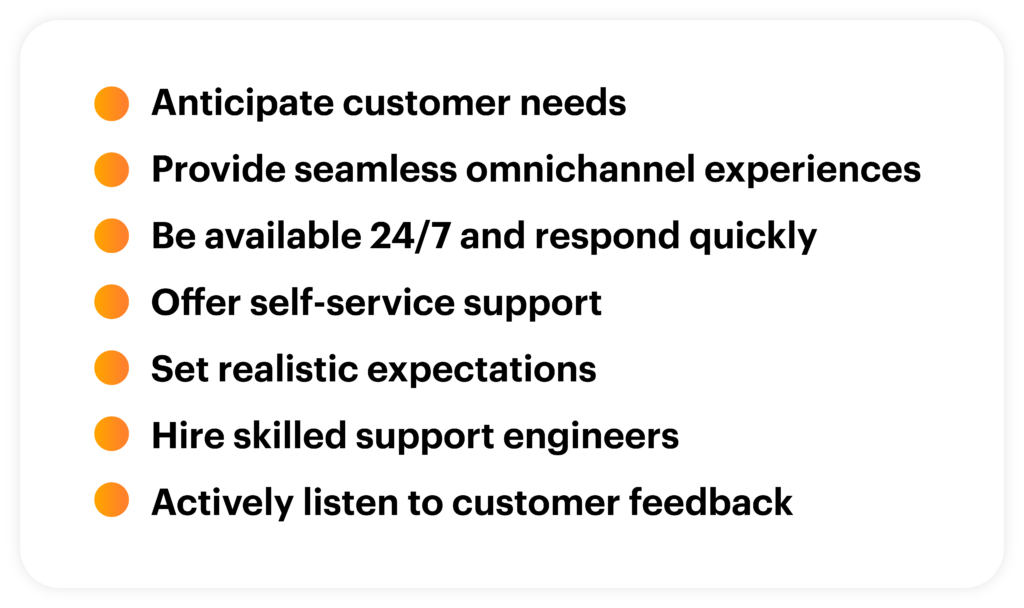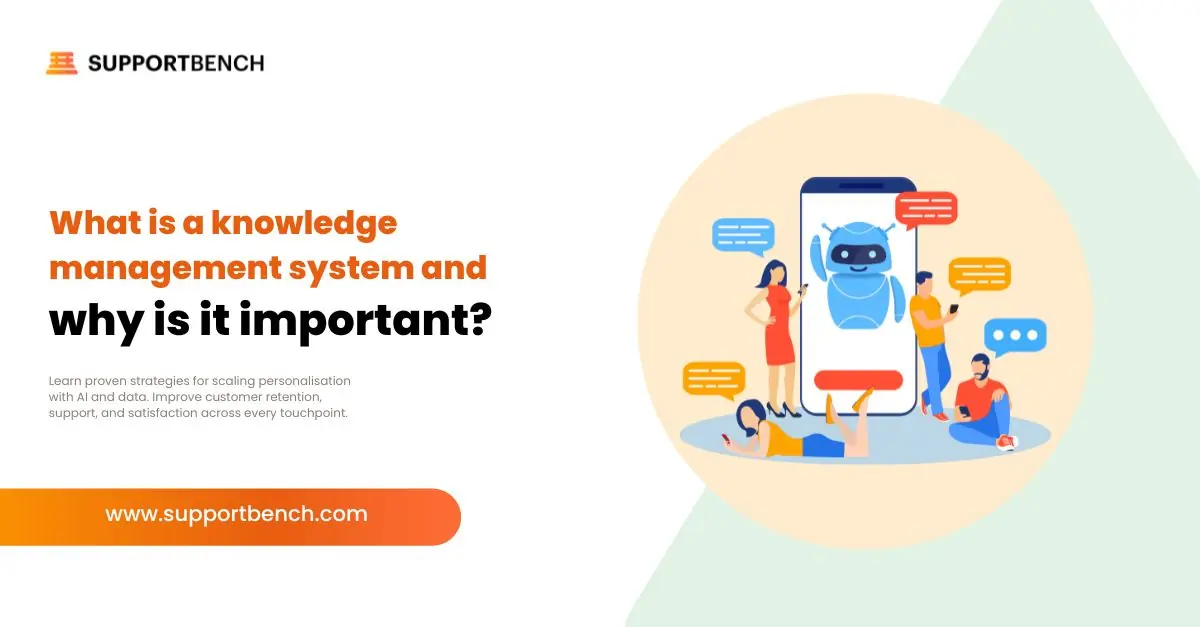In the rapidly evolving world of B2B enterprise, businesses are constantly striving to differentiate themselves from competitors. While pricing and product offerings have traditionally been the main focus, enterprise customer support has emerged as a critical component for gaining a competitive edge. By leveraging the expertise of support engineers, organizations can deliver exceptional customer experiences, resulting in increased brand loyalty, advocacy, and revenue growth.
The Importance of Enterprise Customer Support

In a crowded market, enterprise customer support plays an increasingly significant role in attracting and retaining customers. A study revealed that 86% of customers would pay more for a better customer experience, highlighting the potential impact of outstanding support on revenue generation. Additionally, 89% of businesses now compete primarily based on customer experiences, with customer experience expected to overtake price and product as the key brand differentiator by 2020.
The Role of Support Engineers in B2B Customer Support
As enterprises strive to deliver exceptional customer support, the role of support engineers has become increasingly important. These skilled professionals are responsible for resolving complex technical issues, anticipating customer needs, and delivering seamless, omnichannel experiences. By ensuring that clients receive prompt, efficient, and knowledgeable assistance, support engineers contribute significantly to customer satisfaction, retention, and advocacy.
The Value of Customer Loyalty and Brand Advocacy

Customer loyalty and brand advocacy are critical for driving business growth in the B2B enterprise space. Referred customers are four times more likely to make a transaction, and referrals result in an 18% boost in loyalty compared to customers acquired through other methods. Additionally, 92% of people trust recommendations from friends and family over other forms of advertising, demonstrating the potential impact of customer advocacy on revenue generation.
Achieving exceptional customer support is the key to unlocking this value. A 5% increase in customer retention has been shown to increase revenues by up to 95%. Conversely, a negative experience can lead to significant brand damage, as customers who have a poor experience are twice as likely to share their stories compared to those who had positive ones.
Strategies for Enhancing Enterprise Customer Support

To harness the power of enterprise customer support and support engineers, organizations should consider the following strategies:
Anticipate customer needs:
Proactively identify and address potential issues before they become problematic for customers.
Provide seamless omnichannel experiences:
Ensure customers receive consistent, high-quality support across all channels.
Be available 24/7 and respond quickly:
Offer round-the-clock support and prioritize timely responses to customer inquiries.
Offer self-service support:
Empower customers with the tools and resources needed to resolve issues independently.
Set realistic expectations:
Communicate clearly with customers about what they can expect from your support services.
Hire skilled support engineers:
Invest in experienced, knowledgeable support engineers to deliver exceptional customer support.
Actively listen to customer feedback:
Continuously improve support processes by incorporating feedback from clients.
In the highly competitive B2B enterprise market, customer support is a critical differentiator. By investing in support engineers and implementing effective strategies, organizations can deliver exceptional experiences, increase brand loyalty and advocacy, and drive revenue growth. Don’t underestimate the value of excellent enterprise customer support—it has the potential to set your business apart from the competition and propel your organization to new heights.















